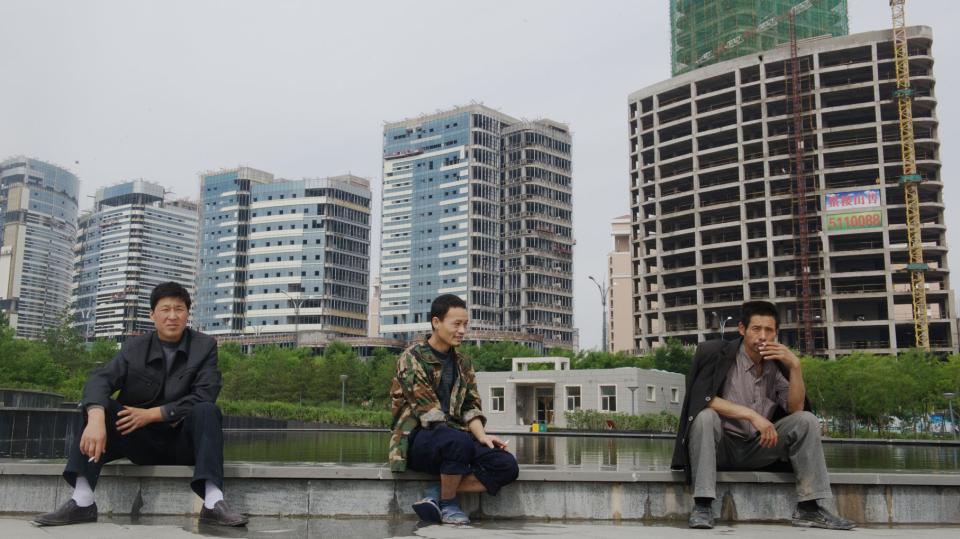Officials are planning satellite towns or even entire cities, usually far from the center, to drive economic growth. But Lu Ming, a professor at Shanghai Jiao Tong University, criticized the plans in a recent piece for The Paper.
The first obstacle is national policy-making on land supply. Economic development zones for satellite towns are mostly located in the western and central parts of the country, and the central government has allocated significant land for this purpose. But the job opportunities are actually in the east, where the population is flooding in. This mismatch is a serious issue.
The new cities and towns, according to Liu, are built at an average of 25 kilometers from the existing city centers. Urban construction can drive the economy, but the remote location means these new locations can't benefit from the proximity of the existing centers. If demand and growth is sluggish, local governments will bear a heavier debt burden, Lu argued.
The final mistaken idea is that low-density cities and remote suburbs make places more livable. But such schemes are actually unpopular, Liu argued, because they impose heavy commutes on workers.
Lu suggested that third-and fourth-tier cities needed to find their own routes and specialties to be competitive, rather than blindly following the path laid out by others.

 Old Version
Old Version